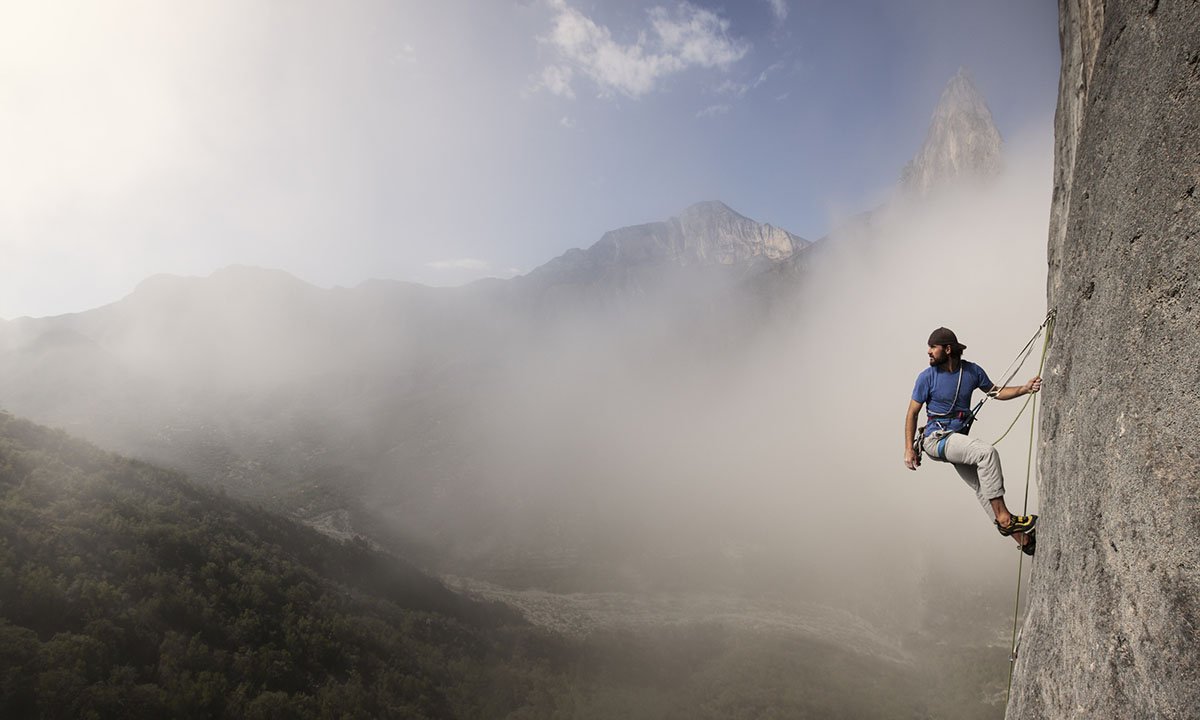

Former Rock and Ice editor Francis Sanzaro’s new climbing book The Zen of Climbing (In the Moment) is a must-read for climbers. A follow-up to the many other “zen” books found on shelves today, from Zen of Golf to Zen in the Art of Archery, many experts have turned to Zen to explain the subtleties and success strategies by applying the art of Zen to sports. For those unfamiliar, Zen is a Japanese school of Buddhism emphasizing the value of meditation and intuition, a cut-to-the-chase form of the religion. It can also serve as a lifestyle for those unconcerned about deities.
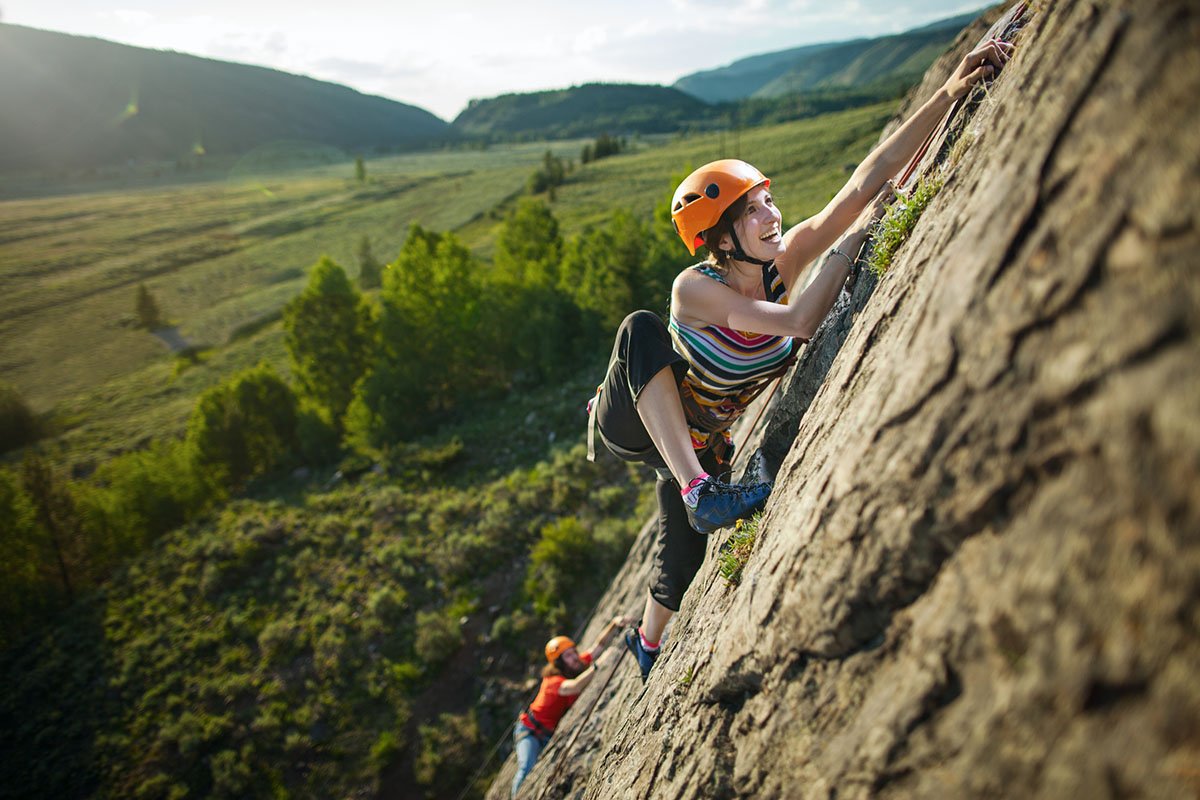
“To do moves is moving Zen: attention in action.”
– Zen of Climbing
There are many principles of Zen, but some say that Zen is based on four key principles. The four key principles of Zen are the denial of the ego, the focus on interconnectedness in the universe, the recognition of attachment as a source of suffering, and the realization that human perception is flawed.
While those philosophies are interesting, applying them to climbing can look something like this:
- Denial of the ego → you aren’t important, so chill out
- Focus on interconnectedness in the universe → connect with the experience and nature for more flow and enjoyment
- Recognition of attachment as a source of suffering → don’t get attached to the outcome of your climbing and you won’t get upset about it
- Realize that human perception is faulty → you’re a lot smaller than you think, so just have fun and try hard
That’s an oversimplification, but take a deeper delve into Zen of Climbing, and you’ll find a far more detailed and helpful account. In this new book, you can learn how to apply zen to your climbing and become a better athlete. Here are five takeaways from this insightful book.
5. Don’t Decide Your Failure in Advance

“Anxiety is defined as the experience of failure in advance,” Sanzaro writes in the chapter appropriately titled, “Anxiety.” By remembering that you are predicting your own failure when you feel anxiety, you can use this awareness to channel an understanding that the climbing you are doing is only in the moment.
“Being free and not getting stuck is the goal,” Sanzaro writes. He draws a line between anticipation and anxiety—anticipation as being an integral part of high performance. It’s necessary for visualizing what’s ahead, remembering beta, decision-making, and creative imagination. He defines anticipation as thinking about what is to come, but instead of focusing on imagining what could go wrong simply focus on what is to come and use that to create a better performance.
Don’t judge or condemn yourself for your fearful thoughts as they come, but let them flow and refocus on anticipation by getting back to the climbing.
4. You Can’t Want to Win and Perform Your Best
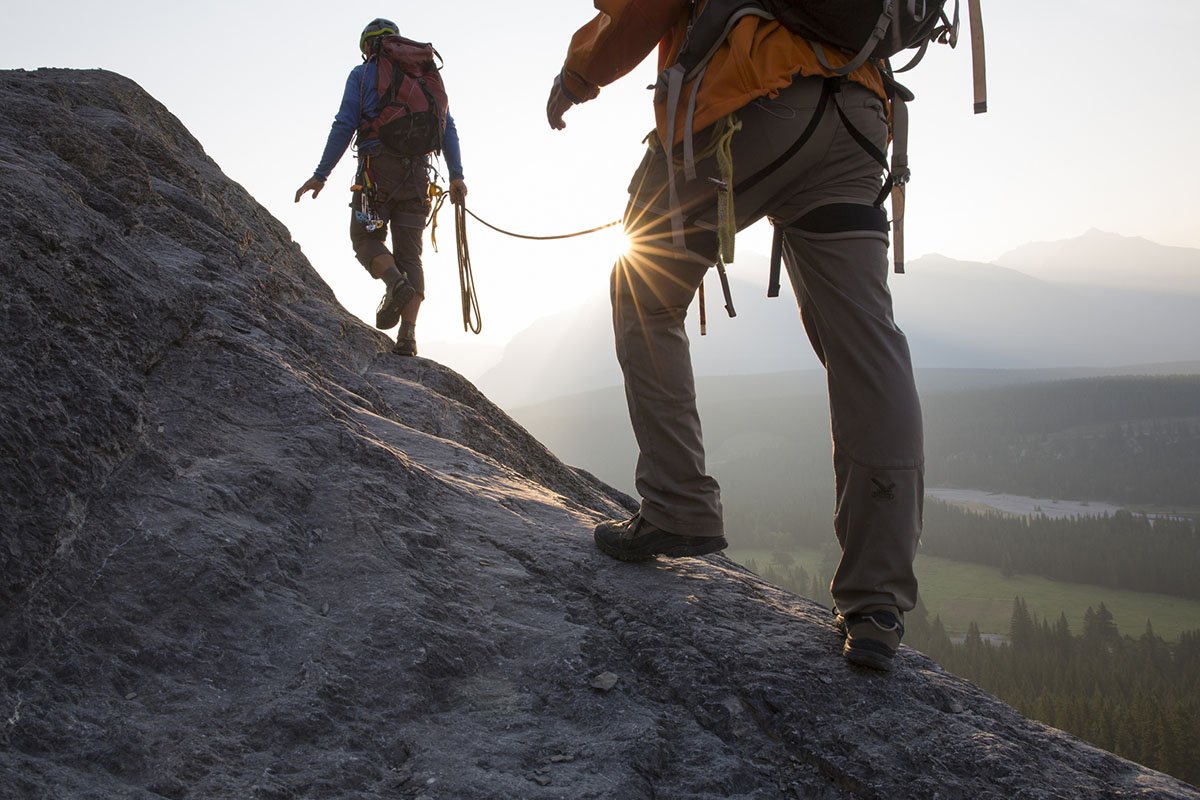
The desire to win and the ability to perform your best are almost always mutually incompatible, according to Sanzaro. Why is that? Strong desire creates destructive patterns of anticipation, misaligned expectation, feelings of failure, and a vacillating sense of self-worth hitched to improper definitions of success.
“That’s the mental reason for latching onto confidence in the first place – to combat the lack of it,” Sanzaro writes.
Avoid positive and negative evaluations of your performance, because “movement is neither good or bad.” Believe in yourself, but wanting to win often means you get afraid to lose and then lose focus, and this creates gaps in attention. Sanzaro theorizes that you don’t need confidence to climb hard; you need a cocktail of training, execution, and keeping a clear head without distraction.
“You can convince yourself all day that you can’t ride a bike, but when it comes time to ride a bike, you are going to do it if you know how. You don’t need confidence or overconfidence,” Sanzaro says.
3. Deal With Your Past to Climb Better

We bring the past and the present to each moment, and if we don’t know what we are bringing, we will never be free to live, free to feel, free to climb. Sanzaro talks about a “hoarder’s mentality” with baggage—not just climbing baggage but personal baggage.
“We lug unnecessary baggage to climbing as much to life. You might think you can arrive at the crag stressed and fragmented, distracted from bad vibes, then pull onto the rock, take a few deep breaths, suddenly be healed, and get into that flow state. But that doesn’t happen,” Sanzaro says.
We need to address the unconscious if we don’t want to do something hard for us, and that means dealing with the past to move forward towards being a better athlete.
2. Only in Letting Go Do We Find Anything
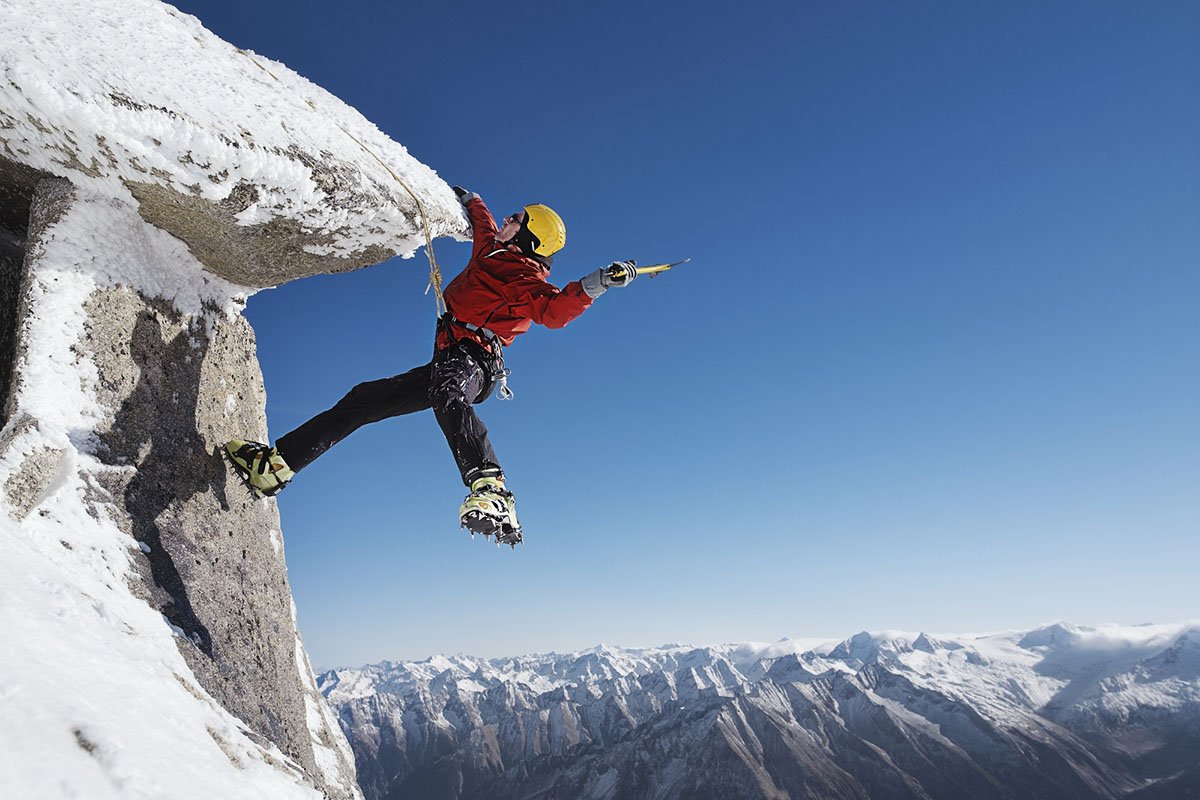
It’s only in letting go do we find anything in its truest state. Retain the goals but toss the dishonest reasons for achieving them. Getting attached to certain outcomes only blocks us from true enjoyment and learning. We often trade short-term happiness and superficial goals for the long game of deep satisfaction in climbing, which often comes from achieving flow state, a connection to the body, and awareness of attention and precision as an athlete.
“We keep adding sand [sand being superficial and extrinsic goals], trying to fill it up – with climbing, with careers, with materialism – until we realize the job is in holding the sand in our hands,” writes Sanzaro.
“It is all practice, and simply getting to the point where you can let it be practice, and not something else, is a profound shift.”
1. See Each Climb as an Opportunity to Climb Without Mistakes
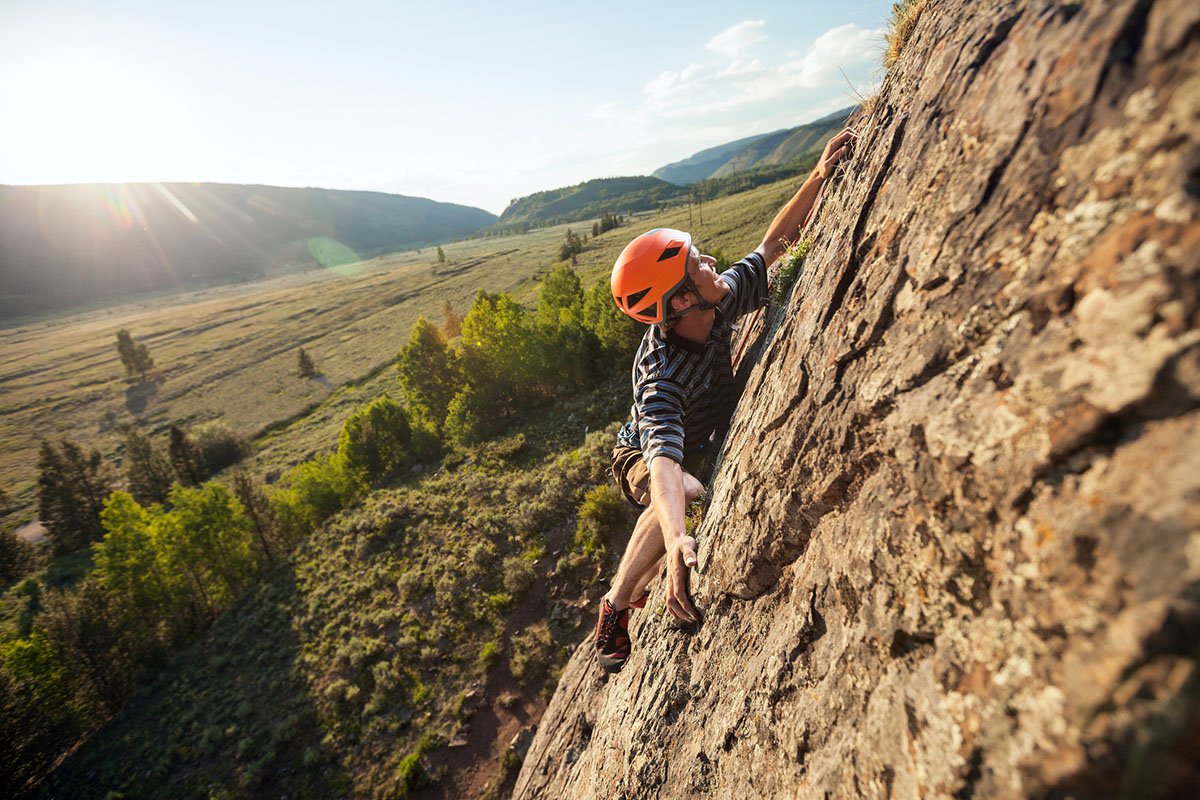
Be patient with the process and instead of beating yourself up if you don’t do well, try to look at each attempt on a climb as an opportunity to try to climb without mistakes. With this mindset, looking at a climb can feel exciting and intriguing.
By evaluating what went wrong the time before with a neutral mindset and upward counterfactual thinking, you can learn to improve performance by evaluating and eliminating mistakes rather than feeling down. Be excited for that one more opportunity to climb and to become a better athlete with every try.
The Zen of Climbing is available on Amazon and at Barnes and Noble.









